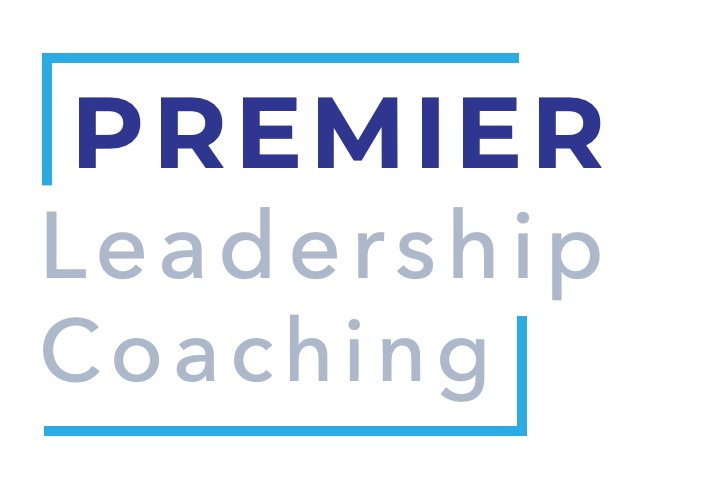If you surveyed people asking them to rate on a scale from one to ten “how important is it for you to improve in your career”, you would get a lot of tens. It is hard to imagine anyone responding with, “Nah, I do not need to get any better at what I do. Maintaining this level of proficiency for the rest of my career would be just fine.” You know how sharks die if they stop swimming? Well, whether or not we care to admit it, the professional equivalent happens to people who cease to improve.
Given the importance of improvement, it is interesting that people do not take it more seriously. Since our professional success depends on it, you would think that we would pursue improvement in a more formal and disciplined way. However, it falls into the “I know I should do it and I promise I will eventually, but for now I am going to put in on the back burner” category instead. You know the one. Exercise and eating well are on that list too.
In contrast, you look at someone like Roger Federer and it is clear that improvement is not hanging out on his “I will get to it someday” list. In contrast, he is someone who has made a mission out of pursuing improvement. Here’s a guy who is out to master the art of getting better. He is someone who knows what it takes to be the best ever. It is what he lives and breathes. It is why he is a even time Wimbledon champion.
Federer is well aware that to stay competitive one has to plug into the practice-feedback-practice-execute-rest loop. The key pieces of the loop look something like:
Practice on a regular basis, when the stakes are a little lower than usual. In Federer’s case this means 100 hours of fitness training throughout the season. It means competing in tournaments like Halle, Dubai, and Rotterdam (you’ve never heard of these – my point precisely). This bears repeating – Federer dedicates 100 hours to fitness training alone.
Feedback, get it from multiple sources. Federer not only has a coach and masseur, but has ten other people on his team from whom he receives data and support. This means that during some matches he has up to twelve people sitting in the stands looking for his blind spots, scrutinizing his opponent and cheering him on. That certainly sounds helpful.
Practice again to apply the feedback. Federer does not stop with one round of practice, he does it again. He takes everything he has learned from all the feedback he received and he applies it. He does this all before the big game. No sink or swim, no trial by fire for him.
Execute. Are you a failure if you only win fifty percent of the time? Federer has played Wimbledon fourteen times. He has been a champion seven, a runner-up once, a quarter-finalist three, and lost in the first round three. What does your track record look like? And how harshly are you judging yourself for it?
Off Season, take a six-week break. At the end of it all Federer gives his brain and body a rests. He steps back, takes some time to recharge. He contemplates strategy. It is worth mentioning that Federer has stayed injury free for most of his career. Coincidence?
Some say Roger Federer is the best athlete ever. This certainly would not be the case had he skipped practice, trained alone, settled for being a quarter-finalist, and played through the off season. Our level of commitment to improvement is reflected in our results. You say you want to improve, but are you taking the steps necessary to make it a reality?
